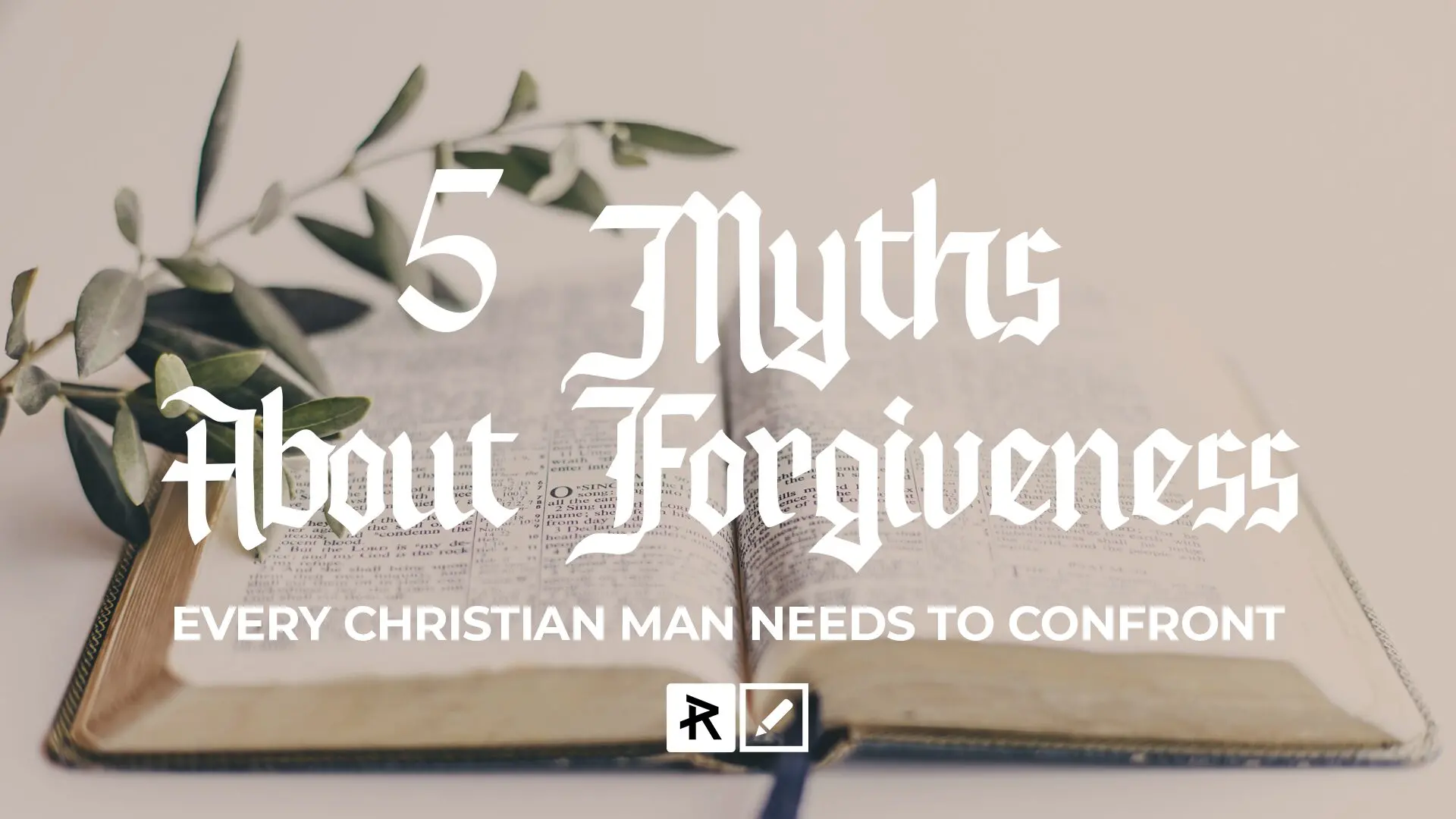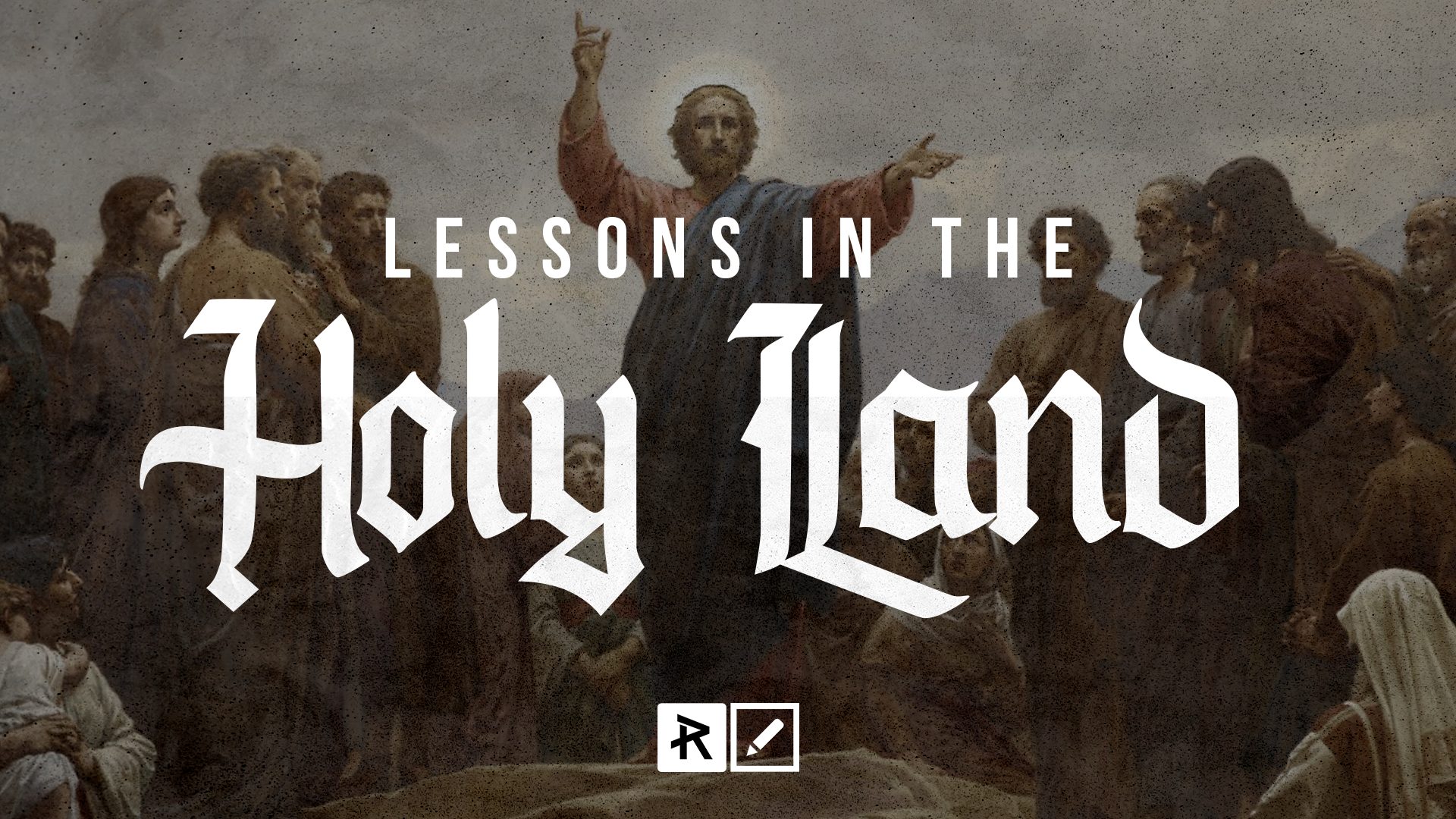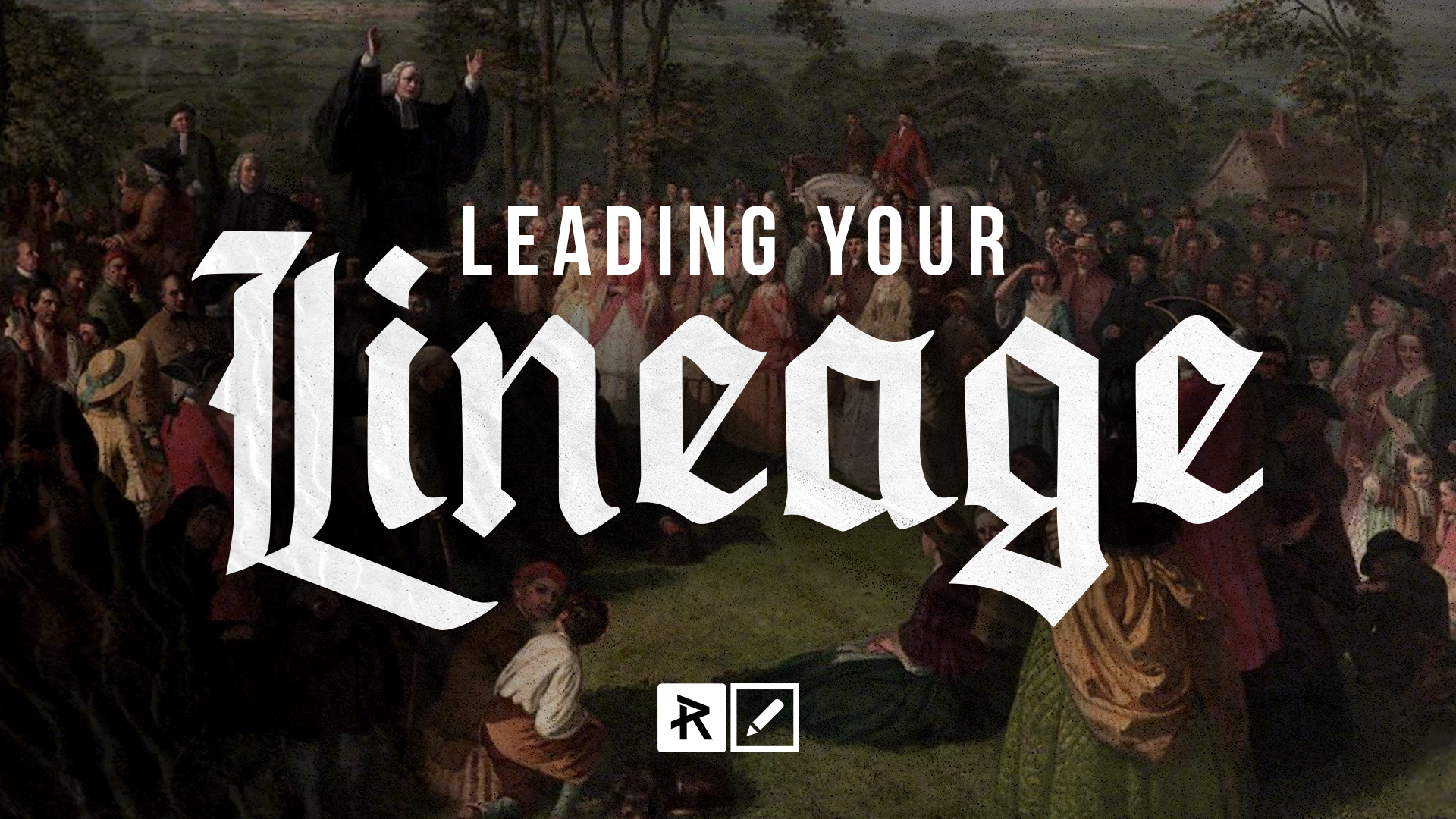5 MYTHS ABOUT FORGIVENESS EVERY CHRISTIAN MAN NEEDS TO CONFRONT

5 MYTHS ABOUT FORGIVENESS
EVERY CHRISTIAN MAN NEEDS TO CONFRONT
“Forgive us our debts, as we also have forgiven our debtors… For if you forgive others their trespasses, your heavenly Father will also forgive you.”
— Matthew 6:12,14 (ESV)
Few commands are as central to the Christian life—and as misunderstood—as forgiveness. Jesus didn’t just preach forgiveness; He embodied it. On the cross, He paid a debt we could never repay. And in doing so, He opened the door for us to live in freedom—not only from sin, but from bitterness, anger, and revenge.
But walking in forgiveness also means learning to extend it. Over the years, I’ve had many conversations with men who are carrying deep wounds. And I’ve seen how misunderstanding forgiveness can keep them stuck. Many people don’t forgive because they believe that forgiveness is something that it’s not.
Here are five myths that need to be challenged:
1. Forgiveness Is Optional
Let’s start with the biggest lie: that forgiveness is something you can choose later, or only if you feel like it. Jesus didn’t present forgiveness as a suggestion—it was a condition of the Christian life.
In Matthew 6, He ties our forgiveness from God to our willingness to forgive others. In Mark 11:25, He says, “When you stand praying, forgive, if you have anything against anyone…”
Forgiveness isn’t optional—it’s obedience. If you’ve received grace, you’re called to give it. Forgiveness is not weakness. It’s spiritual warfare. It breaks cycles of offense and unleashes healing, both for you and others.
2. Forgiveness Means Forgetting
Isaiah 43:25 says that God “remembers our sins no more,” but that doesn’t mean He forgets like we misplace our keys. It means He chooses not to dwell on them.
You may never forget the betrayal or the wound. Forgiveness doesn’t erase the memory—it breaks the power of it. You’re not a robot; you’re a man with real experiences and a real heart. But you don’t have to let those memories master you. You can stop rehearsing and start releasing.
3. Forgiveness Means Trusting
Forgiveness and trust are not the same. Forgiveness is given; trust is earned. Reconciliation is a separate step, and it requires repentance, accountability, and time.
Jesus tells us to forgive seventy times seven—but He never says to pretend like nothing happened. Forgiveness says, “I’m not seeking revenge.” Trust says, “Let’s rebuild slowly.”
You can forgive someone without putting them back in the same position in your life. That’s not unforgiveness—it’s wisdom.
4. Forgiveness Is for the Other Person
We sometimes believe that withholding forgiveness gives us leverage or power over someone who hurt us. But the truth is, they often don’t even remember the offense—or they’ve moved on.
Unforgiveness is like drinking poison and expecting the other person to suffer. It doesn’t trap them—it traps you. It breeds bitterness, isolates you from others, and blocks the flow of God’s peace in your life.
Forgiveness is a gift you give yourself. It clears the clutter from your soul and makes room for freedom.
5. Forgiveness Lets Them Off the Hook
Here’s the real truth: forgiveness doesn’t cancel justice. It simply puts it in the right hands—God’s. Romans 12:19 reminds us: “Vengeance is mine, I will repay, says the Lord.”
Forgiveness says, “I’m stepping out of the judge’s seat and trusting God to do what’s right.” You’re not saying it wasn’t wrong—you’re saying it no longer has power over you.
Forgiveness isn’t denial. It’s release.
Final Thought
Forgiveness is how we walk in the power of the Gospel. It’s not easy—but it is necessary.
Jesus forgave you when you didn’t deserve it. When you walk in forgiveness, you walk in freedom.
5 MYTHS ABOUT FORGIVENESS EVERY CHRISTIAN MAN NEEDS TO CONFRONT Read More »



